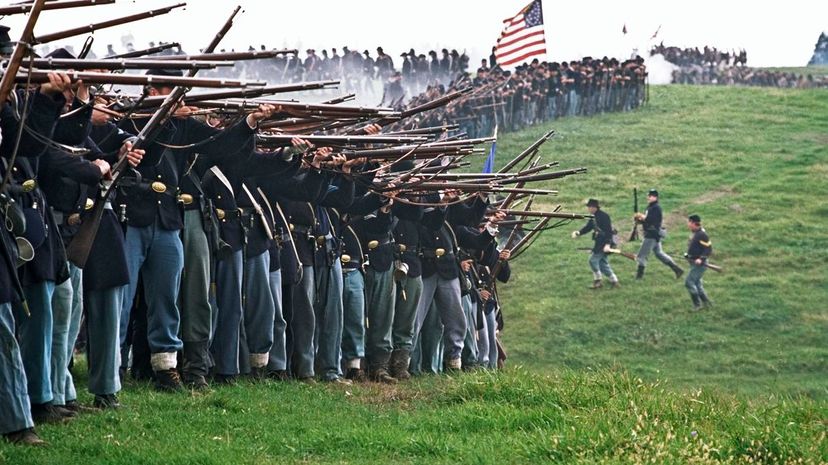
About This Quiz
Catch up on all that went down in the last 30 days of the American Civil War. This time period was rife with surrenders and drama surrounding Abraham Lincoln's assassination. American slaves were freed, and the nation embraced capitalism like never before. It's time that you prove your knowledge of these events and more.
Following the Civil War, the U.S. Congress ratified the Thirteenth Amendment, abolishing slavery. The act put an end to the issue that had helped to spark the bloodiest war in U.S. history. On the flip side, emancipating America's slaves crippled the South's agrarian-based economy. It took years for the South to gain economic footing after the war, and the farmland that the war nearly destroyed took just as long to recover. Both Union and Confederate soldiers would remark about how devastated the South looked when fighting ceased between the North and South. Bullet-riddled buildings were a common sight; scorched crops were another. Things got so bad that Confederate President Jefferson Davis, who fought for the South until the very end, scraped together the last of the Confederacy treasury to aid hungry, destitute or even homeless Confederate soldiers returning from battle.
But things were not all bad during the Civil War's last days. Come on and weigh in on these war facts after a hefty scroll!
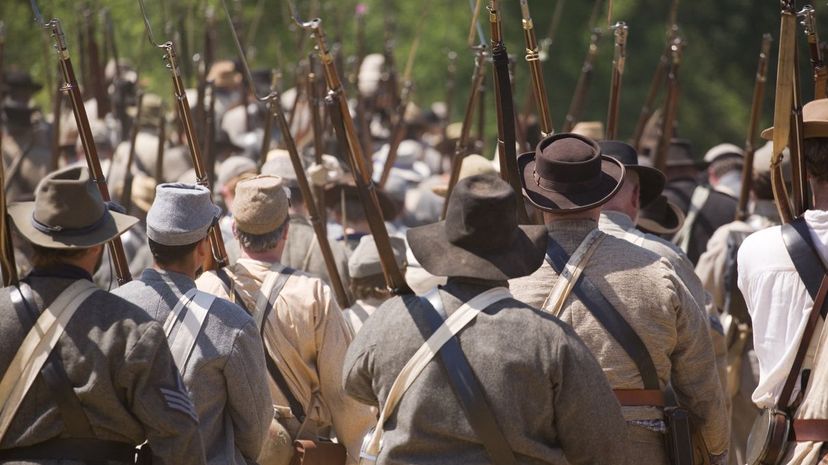
After garrison forces at Fort Blakely in Alabama capitulated, victorious Union forces pillaged its city for Confederate bales of cotton. Confederate General Dabney H. Maury immediately ordered forces to set the bales on fire.
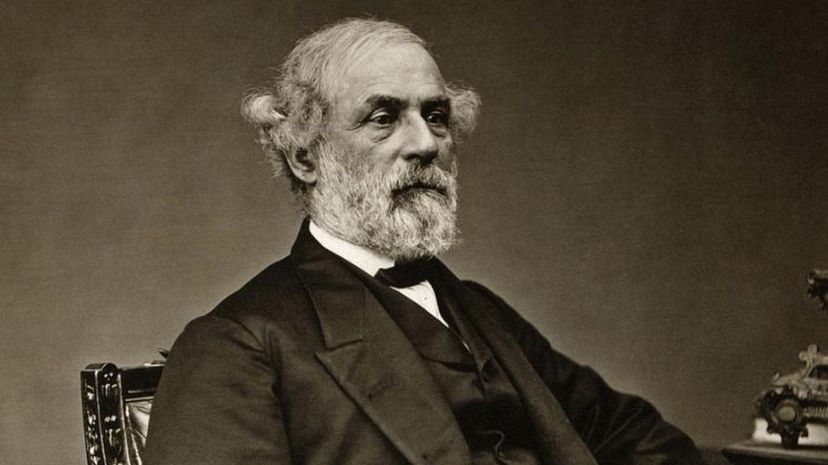
On April 9, 1865, General Robert E. Lee surrendered his Army of Northern Virginia. One day later, Lee bid farewell to his men, recognizing them for their "unsurpassed courage and fortitude."
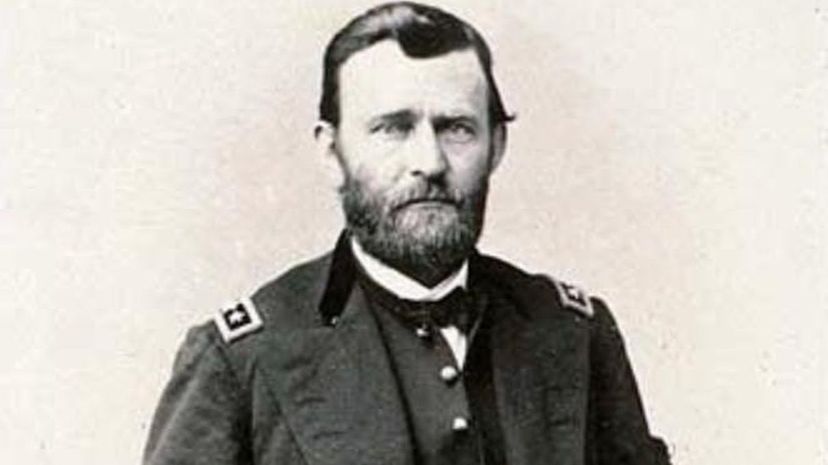
On April 9, 1865, General Robert E. Lee surrendered to General Ulysses S. Grant in the parlor of a private home. Grant echoed the news to his staff: "The war is over. The rebels are our countrymen again." News of the surrender reached President Lincoln that same night.
Advertisement
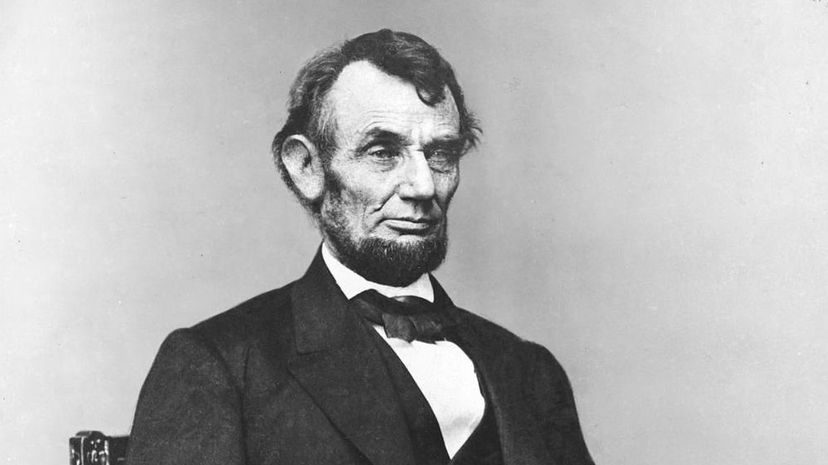
Only two days after Confederate General Robert E. Lee capitulated to Union troops, President Lincoln gave a speech that supported granting former slaves the right to vote. The speech infuriated political activist, actor and would-be assassin John Wilkes Booth.
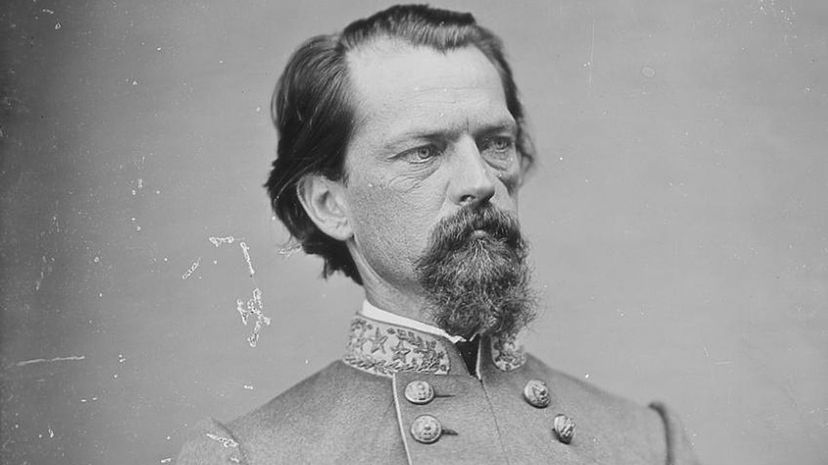
Confederate General John B. Gordon joined Union General Joshua L. Chamberlain at the April 12 surrender ceremony. Chamberlain and Gordon had begun their military careers as volunteers. Both men campaigned for public office after the war. Neither Grant or Lee were present for the formal surrender.
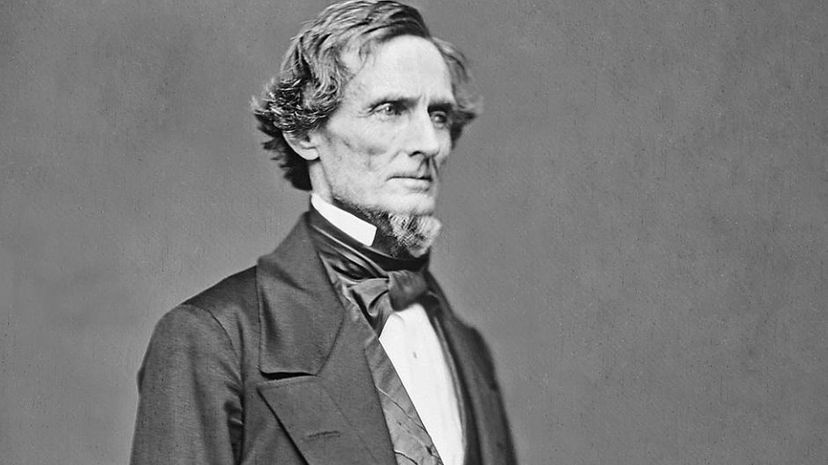
General Robert E. Lee sent those words to Confederate President Jefferson Davis on April 12, 1865, several days after Lee had already surrendered. Ironically, the American Civil War began on April 12, 1861, with an attack on Fort Sumter in Charleston, South Carolina.
Advertisement
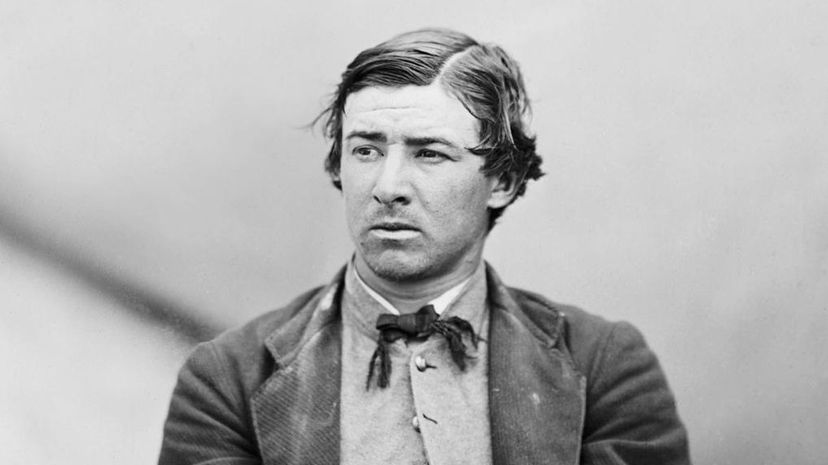
John Wilkes Booth assassinated Abraham Lincoln during an April 14, 1865, Good Friday performance at Ford's Theatre in Washington, D.C. At the same time, David Edgar Herold took part in a failed attempt to assassinate Secretary of State William Seward. Herold, who was a skilled outdoorsman, assisted Booth in his escape.
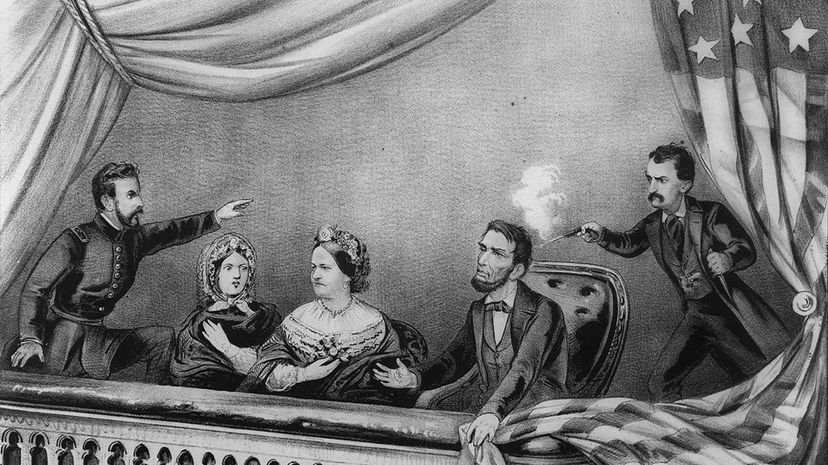
The case failed when Confederate documents came up missing and Lincoln's assassin John Wilkes Booth was killed on April 26, 1865. Some Northern sympathizers believed that, before General Lee's surrender to Union forces, Confederate leaders had schemed to kidnap Lincoln.
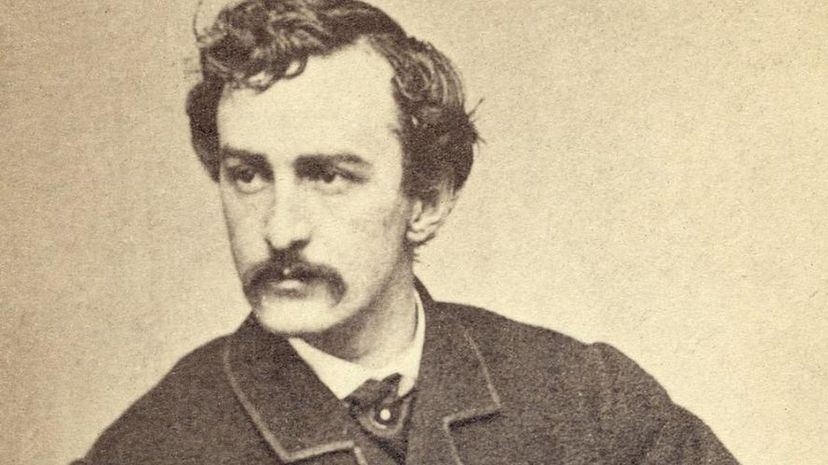
John Wilkes Booth managed to sneak into the Ford's Theatre presidential box and shoot Lincoln in the back of the head. Lincoln died the next day, on April 15, 1865, the same day that Vice President Andrew Johnson was sworn in as the 17th president of the United States.
Advertisement
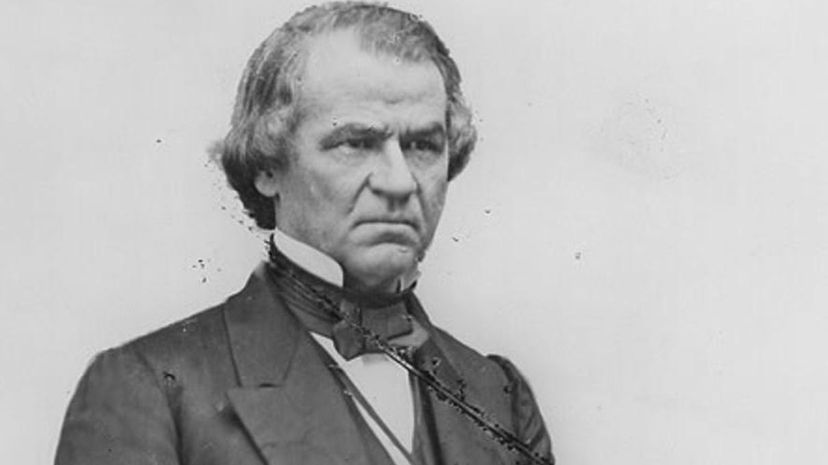
John Wilkes Booth and his co-conspirators planned to slay the president, Secretary of State William Seward and Vice President Andrew Johnson, but only Booth was successful. At 7:22 a.m. on April 15, 1865, Abraham Lincoln died, nine hours after Booth shot him with a .44-caliber derringer.
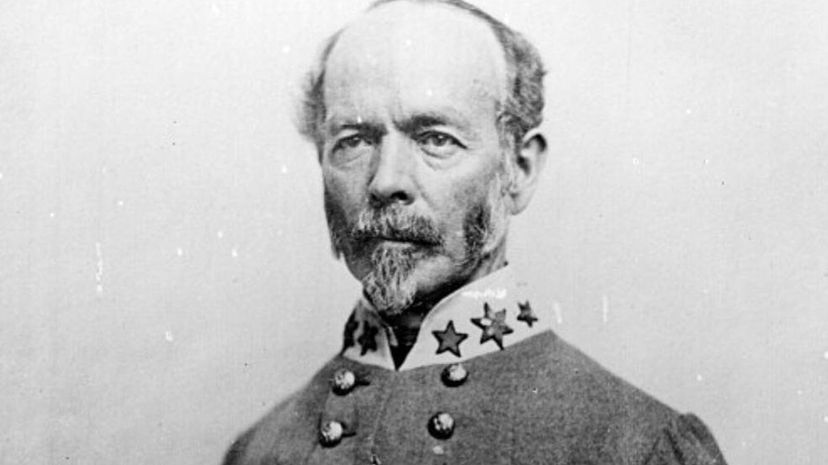
Generals Sherman and Johnston first met at Bennett Place on April 17 to discuss the terms of surrender. Considered the largest surrender of the war, Johnston's capitulation was the bombshell that caused irreparable harm to the Confederacy's efforts.
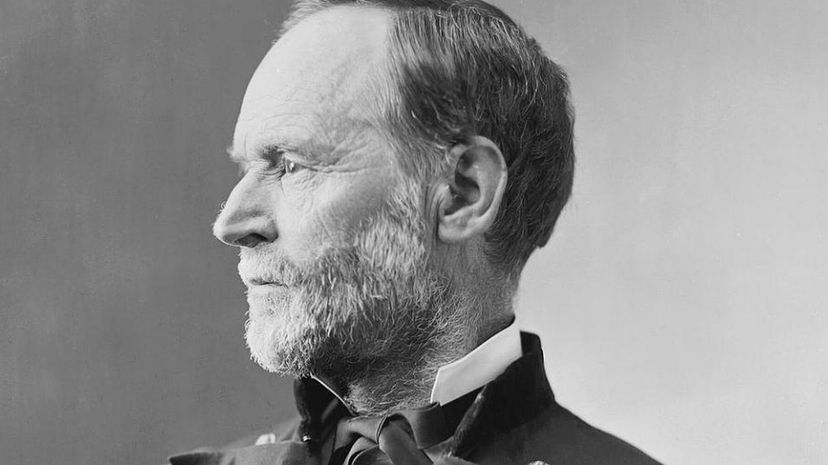
On April 18, early in the negotiations, Sherman had offered Johnston a major political concession — the ability to rejoin the Union immediately. However, General Ulysses S. Grant traveled to Raleigh on April 24 to advise Sherman about limitations on his authority to negotiate with Johnston.
Advertisement
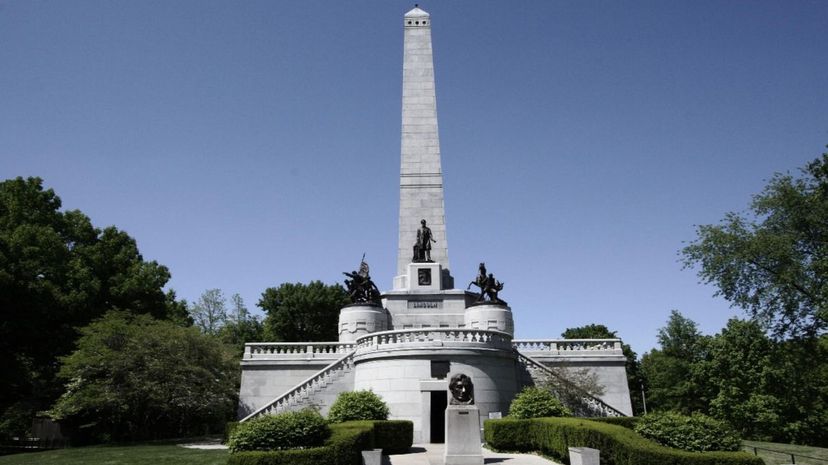
On April 19, 1865, the Springfield City Council voted unanimously to spend $20,000 on Abraham Lincoln's Illinois funeral. Soon after, the council voted to provide 6 acres of land next to Oak Ridge Cemetery for his burial.
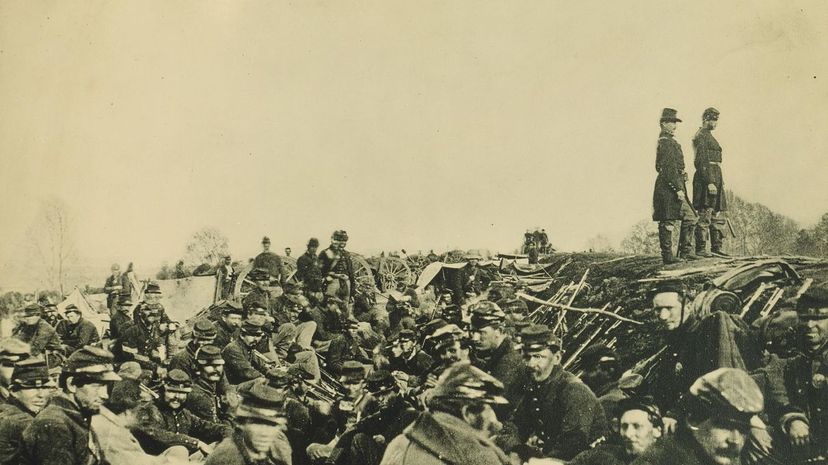
By the end of the war, approximately 620,000 soldiers had died — 260,000 Confederate and 360,000 Union. Some casualties were the result of disease rather than warfare. Rampant destruction plagued the South after the war, rendering some farmland areas useless for many years.
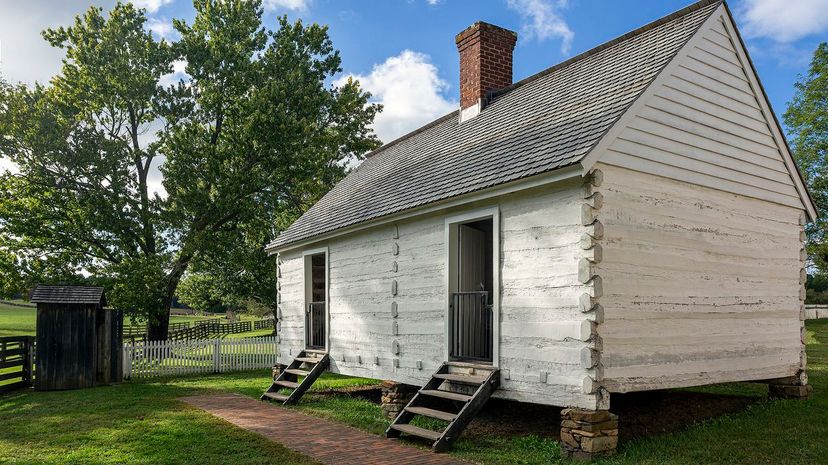
President Abraham Lincoln aimed to strengthen the Union both politically and economically by abolishing slavery — an institution that was the cornerstone of the agricultural economy of most Southern states. By the end of the war, some 210,000 Africans had served in the battle to end slavery.
Advertisement
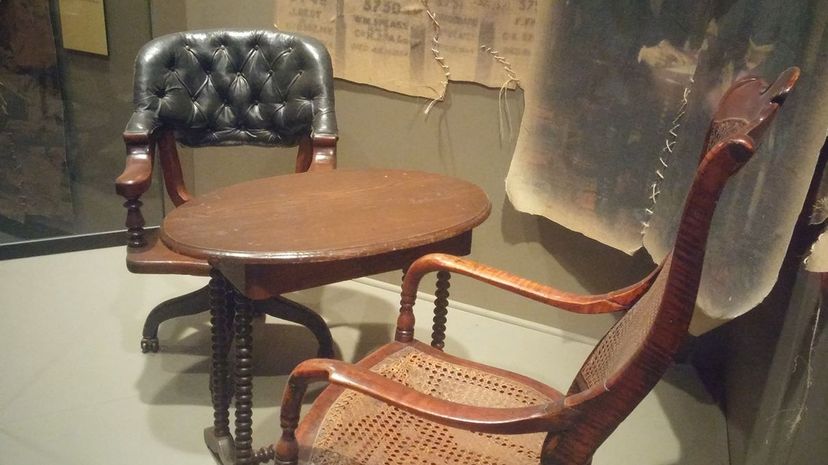
Ulysses S. Grant, general-in-chief of all Union forces, gave an outmanned General Lee relentless chase in the days leading up to their meeting at McLean's home in Appomattox, Virginia. Grant granted Lee's request for immunity until the war officially ended, and Lee was allowed to walk free after the talks.
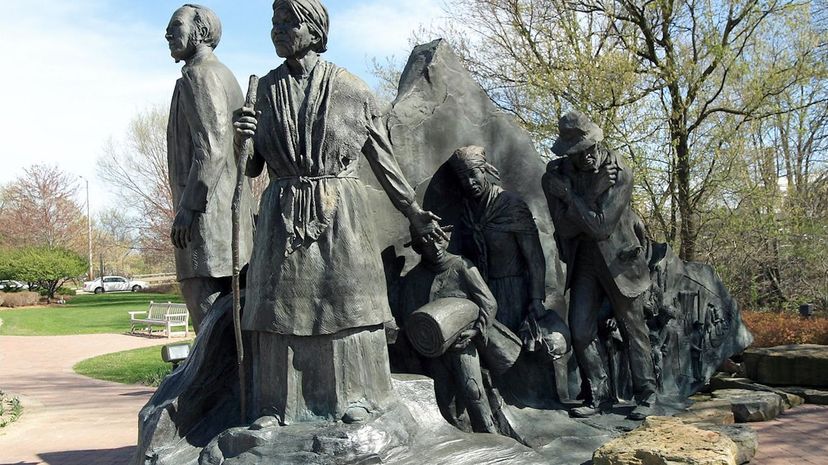
Brigadier General Alvan Gillem and General George Stoneman led a garrison of 2,700 soldiers into Asheville on April 23, 1865. The generals signed a truce deal with the home guard before escorting hundreds of freed slaves out of Asheville on April 26.
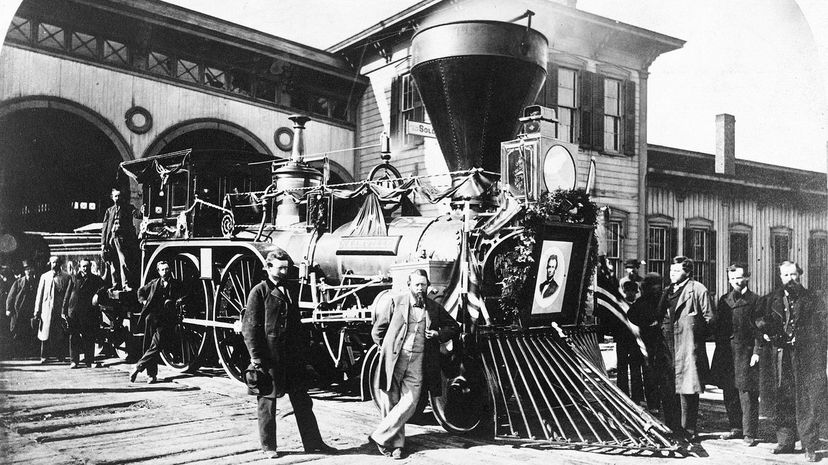
Lincoln's funeral train left Washington, D.C., on April 21, bound for Springfield, Illinois. The train, which traveled by way of the Northern Central Railway, made many stops along the way so that mourners could pay their respects. On April 21, York and New Freedom, Pennsylvania, were two of the train's first stops.
Advertisement
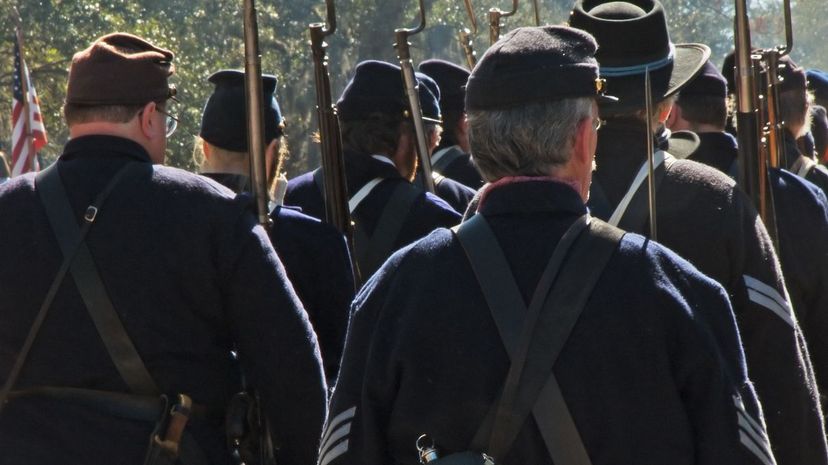
Terms of General Johnston's surrender only included Confederate troops in Florida, the Carolinas and Georgia. Johnston and Sherman began surrender negotiations on April 17, after Johnston left his troops to surrender to Sherman in Durham, North Carolina.
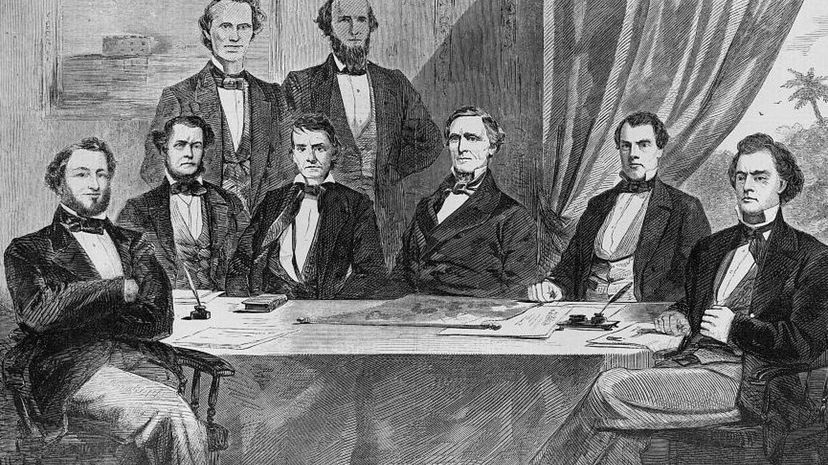
Despite facing numerous attempts at theft, Moses successfully executed President Davis's order to deliver the remaining Confederate treasury — $40,000 in gold and silver bullion — to help sick, hungry and destitute Confederate soldiers. A small group of armed guards protected Moses from would-be thieves.
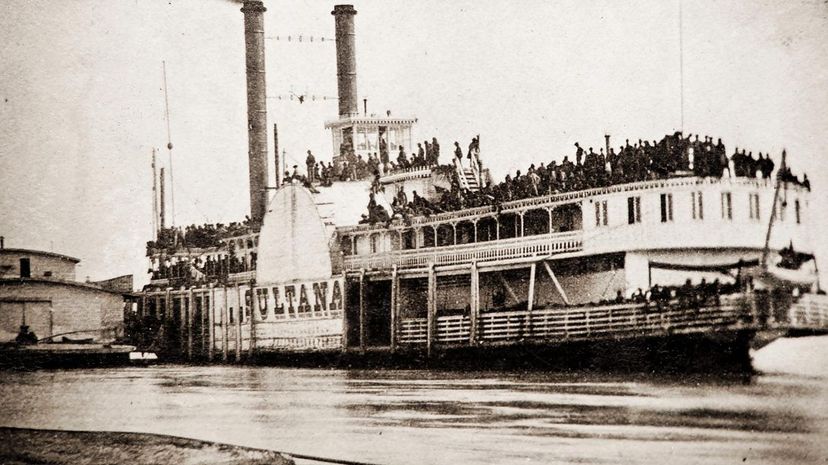
The overcrowded Sultana left Vicksburg, Mississippi, for Cairo, Illinois, on April 24, 1865. Three days later, the vessel, dubbed the "Titanic of the Mississippi," was destroyed by an explosion that killed roughly 1,800 of the 2,000-plus passengers on board. The disaster was most likely caused by faulty boilers.
Advertisement
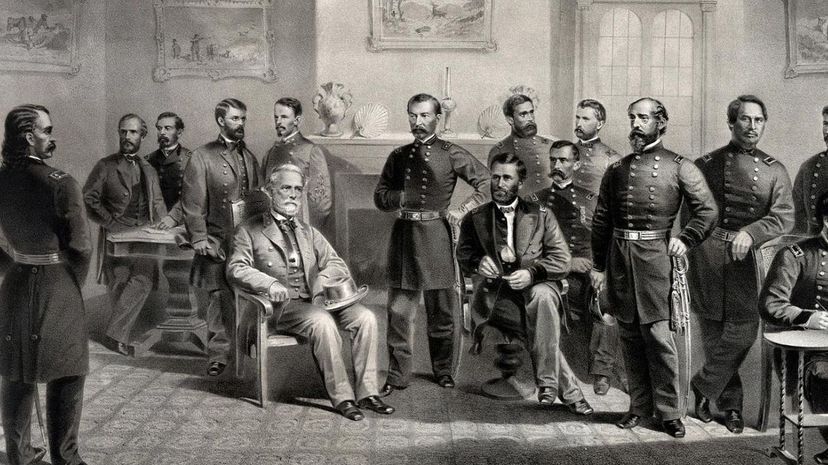
At about 1:30 p.m., General Grant arrived from the southeast end of Appomattox to find General Philip Sheridan waiting for him, anxious to "end the business by going in and forcing an absolute surrender by capture." Grant asked, "Is Lee up there?" Sheridan replied, "Yes, he is in that brick house."
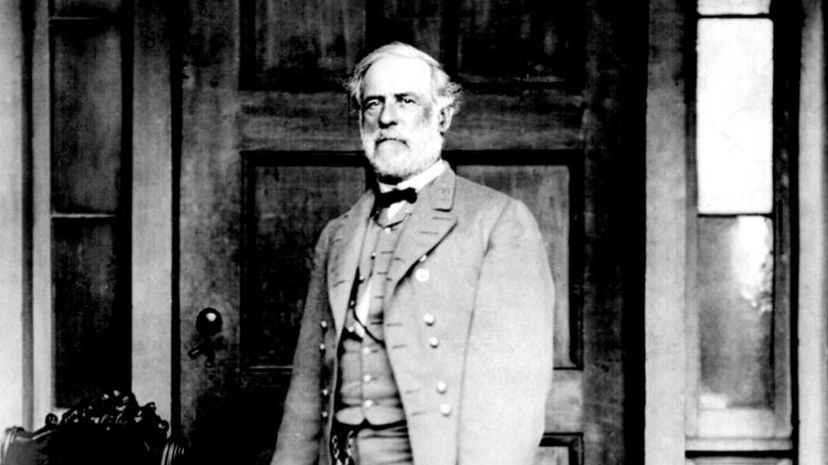
Generals Grant and Lee looked like complete opposites when the two met to negotiate Lee's surrender of his army. Grant was dressed in a well-worn uniform with muddy boots, while a poised but defeated Lee wore a fresh dress uniform.
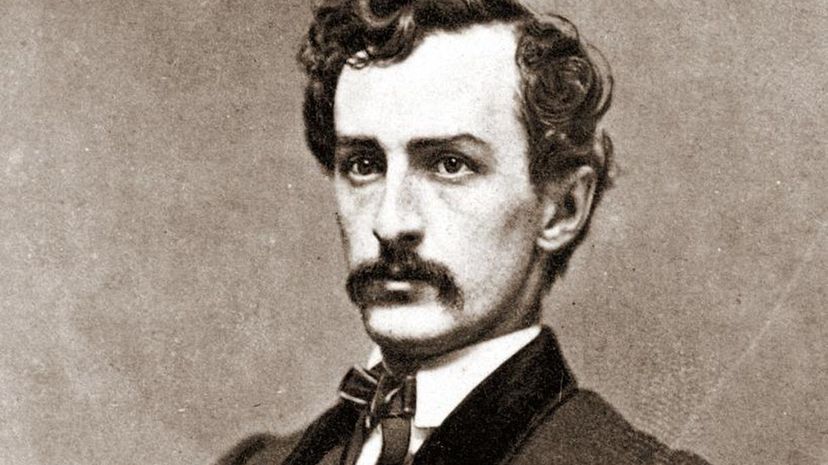
On the night of Lincoln's assassination, Union soldiers were in immediate pursuit of John Wilkes Booth, but he managed to evade them, even with a broken leg. Booth was eventually discovered and killed on April 26. Four of his accomplices, including one woman, were tried and hanged.
Advertisement
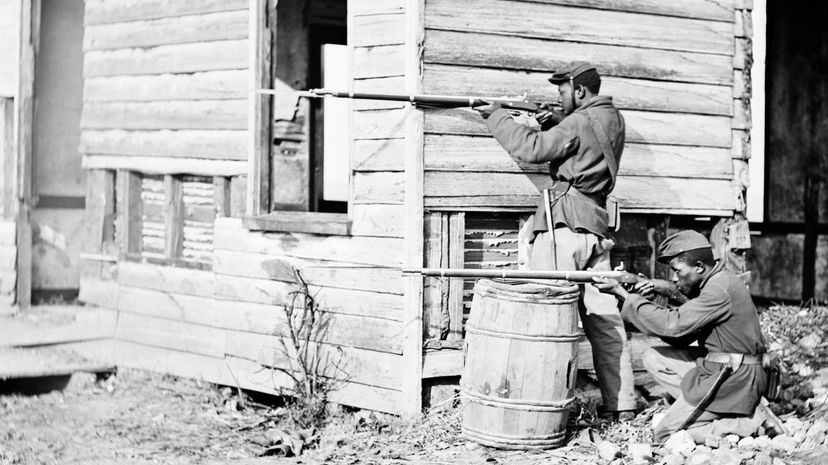
Freed slaves marched around a planter's racecourse in Charleston, South Carolina, before nearly 3,000 children walked into a cemetery to place flowers on graves. Notables such as abolitionist William Lloyd Garrison and Henry Ward Beecher, brother of author Harriet Beecher Stowe, were in attendance.
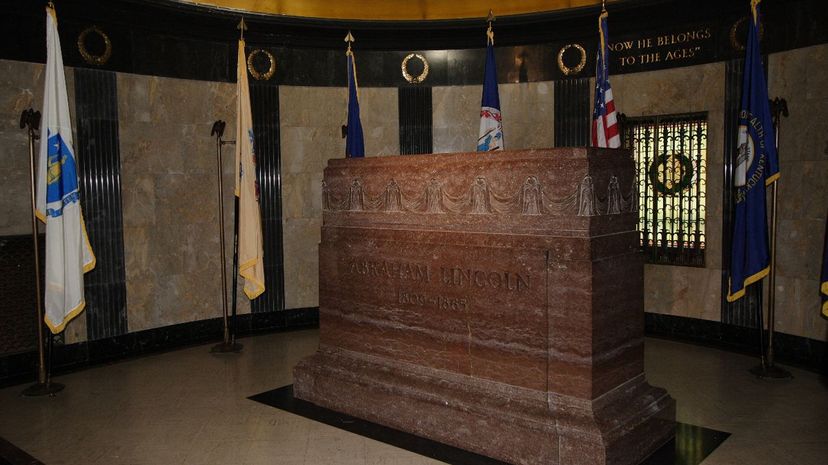
The president's funeral took place at the Oak Ridge Cemetery in Springfield, Illinois. Prior to the arrival of the president's remains, Springfield City Council members were tasked with distributing permits to "control the erection of booths for the sales of food during President Lincoln's funeral."
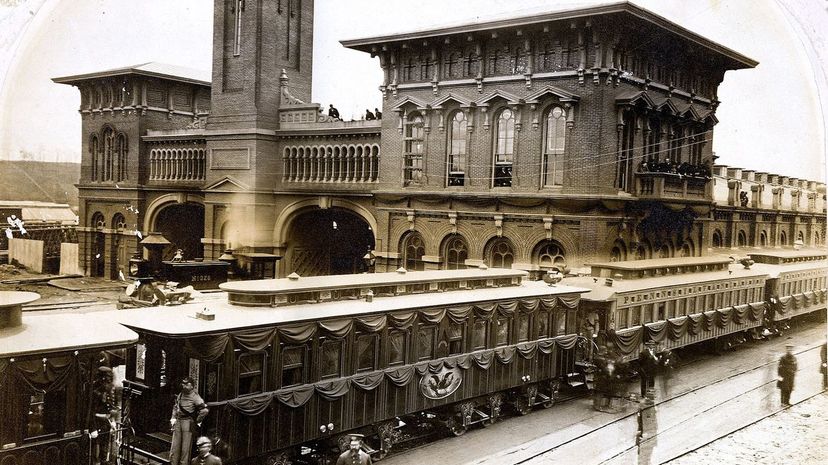
The nine-car train procession that carried the president's body in the eighth car arrived in Springfield, Illinois, on May 3, 1865, after traveling a total of 1,654 miles. The body of Lincoln's 11-year-old son, Willie, who had died of typhoid in the White House in 1862, was also on the train.
Advertisement
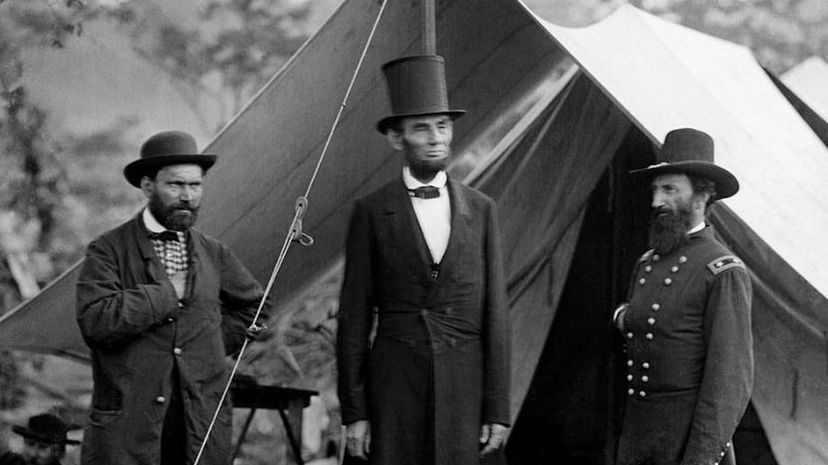
While addressing a crowd at the White House on April 11, President Lincoln expressed hope for a quick return of all seceded states to the Union. The U.S. president supplemented his unification message by saying, "We meet this evening, not in sorrow, but in gladness of heart."
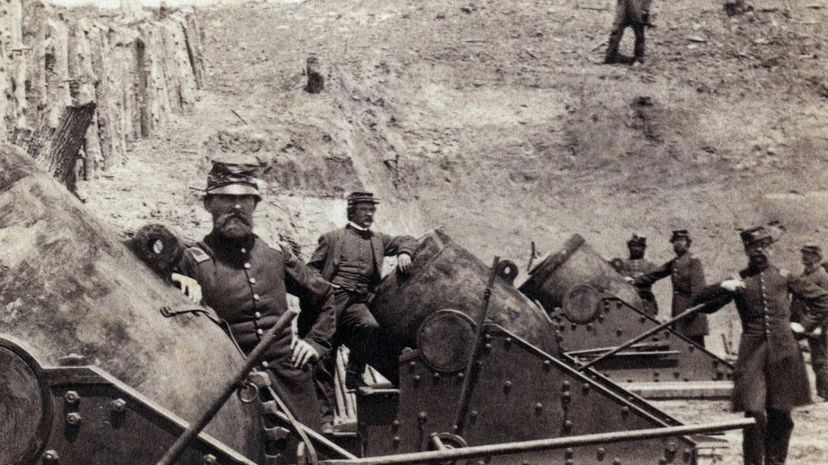
A day after General Lee's verbal surrender to General Grant, both sides met at the Appomattox Court House in Virginia to sign surrender papers. The son of a Union soldier donated the document to a Civil War museum, which inventoried the relic in 1935.
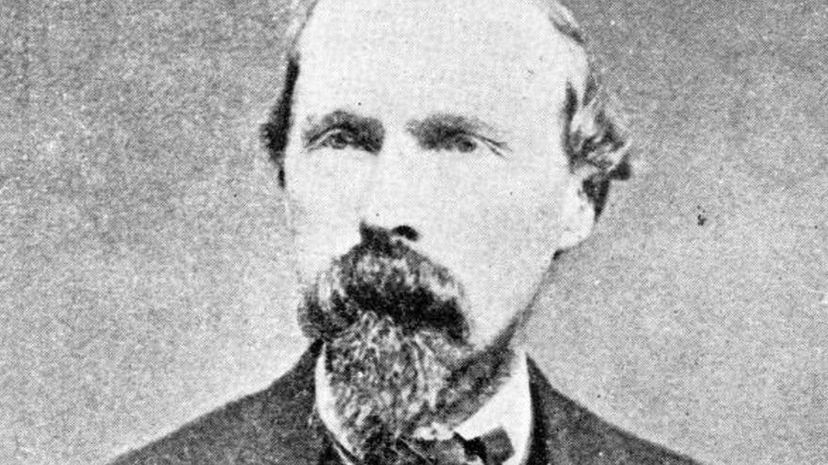
Booth's accomplice, David Edgar Herold, helped deliver Booth to the doctor's home. Samuel Mudd set Booth's leg, which he had broken when he jumped to the Ford's Theatre stage from the presidential box.
Advertisement
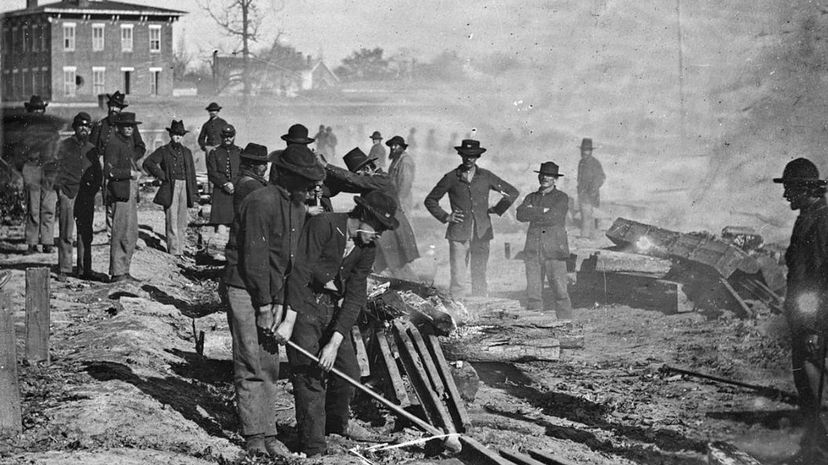
Booth assassinated Lincoln on April 14, 1865, and he was on the run for 12 days until Union troops found him and his accomplice David Herold while the two slept in a tobacco barn in Port Royal, Virginia. Herold surrendered. Booth refused to surrender, but he was shot by Thomas "Boston" Corbett and died hours later.
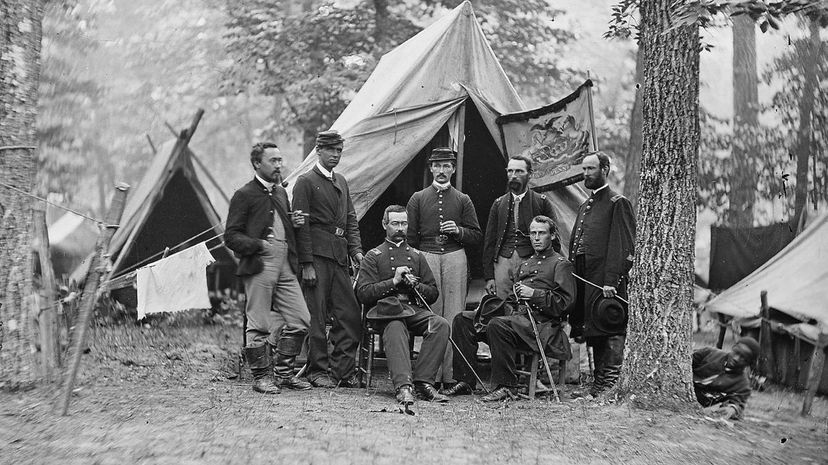
At 2 a.m. on April 26, 1865, 26 members from the regiment surrounded the tobacco barn where Booth was hiding. His accomplice had capitulated before detective Everton Conger set the barn on fire to root out Booth. Calvary soldier Corbett shot Booth with a Colt revolver through a crack in the wall.
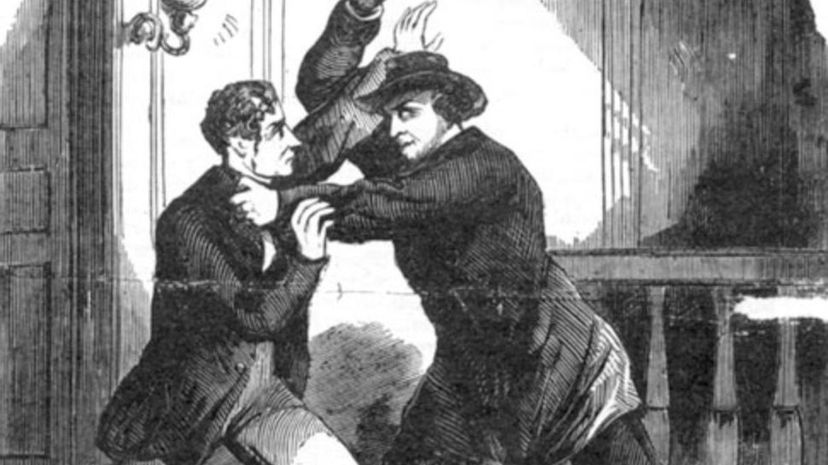
At the same hour that Booth killed President Lincoln, Lewis Powell stabbed Seward in the face several times. Though he was injured, Seward survived the attack. He was likely saved by a jaw splint that he was wearing, due to a carriage accident.
Advertisement
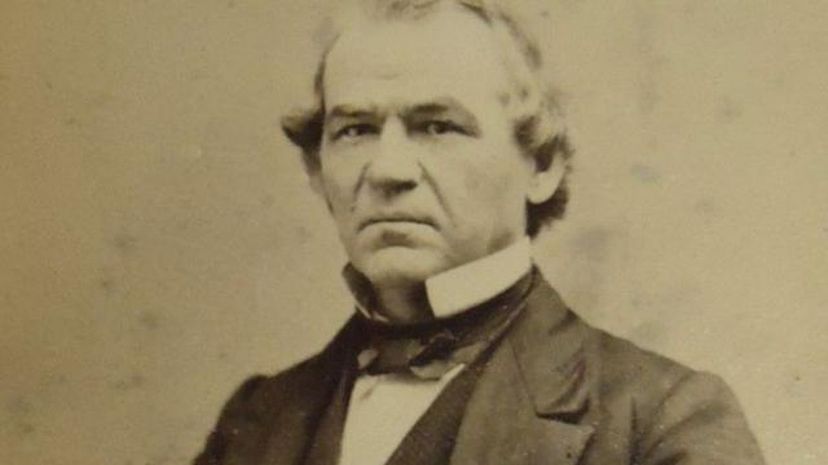
Reportedly, Johnson did not see the note among other papers on his desk. It took 12 days for federal forces to locate Booth, President Abraham Lincoln's assassin, who hid in swamps and the homes of Southern sympathizers during the manhunt.